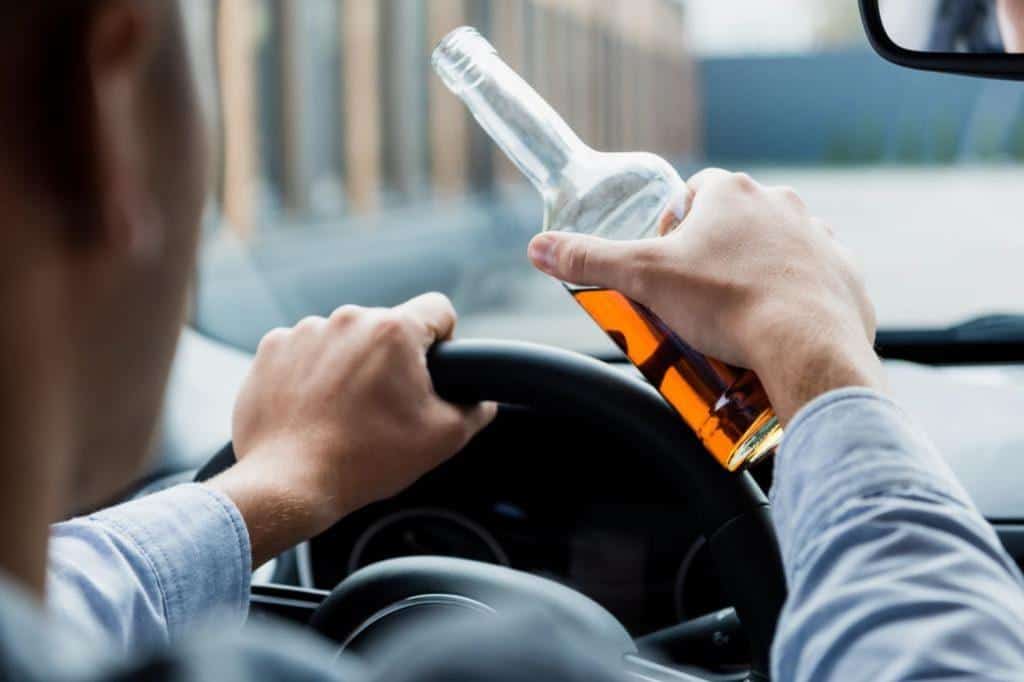
Driving under the influence (DUI) and boating under the influence (BUI) are serious offenses in the United States with potentially severe consequences. Both charges involve operating a vehicle or watercraft while impaired by alcohol or drugs, which is strictly prohibited by law.
Because of the complexities and harsh penalties involved, having experienced attorneys for DUI and BUI charges is crucial for anyone confronting these accusations. While DUI laws related to cars are widely known, many people are less familiar with BUI regulations, which apply to boats and other vessels.
Despite some differences, both offenses carry significant legal ramifications that can disrupt many aspects of a person’s life. Knowing how these charges work, what they mean, and how they might affect you is important in navigating the legal process.
What Is a DUI?
A DUI charge occurs when a person operates a motor vehicle with a blood alcohol concentration (BAC) at or above the legal limit, which is usually 0.08% across most states. This includes impairment caused not only by alcohol but also by drugs, whether illegal substances or certain prescription medications.
The penalties for DUI can vary depending on several factors, including whether it is a first offense, the individual’s BAC at the time of arrest, and whether any accidents or injuries were involved.
Consequences can include fines, jail time, mandatory alcohol education programs, probation, and license suspension. The severity often increases with repeated offenses or if aggravating circumstances exist, such as having a minor in the vehicle or causing a crash.
What Is a BUI?
Boating under the influence (BUI) laws govern the operation of boats or other watercraft while impaired. The legal standards for impairment usually mirror those for DUI, including the 0.08% BAC limit in many states. However, the specific regulations and enforcement can differ depending on the state and local jurisdiction.
BUIs can involve a range of watercraft, from motorboats to jet skis, and penalties can be just as severe as those for DUI. Charges might include fines, imprisonment, mandatory boating safety courses, and suspension of boating licenses. Because waterways are considered public highways under the law, operating a boat while intoxicated is treated as a serious offense.
How DUIs and BUIs Affect Your Life
The consequences of DUI and BUI charges extend far beyond immediate legal penalties. An arrest can lead to temporary or long-term loss of driving or boating privileges, increased insurance premiums, and a permanent criminal record that can influence employment and housing opportunities.
For many, these charges impact personal and professional relationships, making it difficult to regain trust or maintain steady employment. The financial strain from fines, legal fees, and insurance hikes can also be substantial.
Because these charges can follow you for years, addressing them quickly and thoroughly is essential to mitigate long-term damage.
Important Considerations and Legal Processes
Both DUI and BUI cases involve technical details and procedures that may influence the outcome. For example, breathalyzer and blood test results must be collected and analyzed correctly. The circumstances of the traffic or boating stop can also be relevant, including whether proper protocols were followed.
In some instances, questions may arise about the accuracy of testing devices, the timing of impairment, or the conduct of law enforcement officers. Understanding these factors can be crucial when dealing with such charges.
Seeking Support When Facing DUI or BUI Charges
Being accused of DUI or BUI can feel overwhelming. The legal system is complex, and penalties can be severe, making it important to seek knowledgeable legal assistance as soon as possible. Early intervention may provide opportunities to address the charges more effectively, possibly leading to reduced penalties or alternative resolutions.
If you or a loved one is facing DUI or BUI charges, consulting with can provide valuable guidance through every step of the process. These professionals can help clarify your options, explain potential defenses, and work towards the best possible outcome given your situation.



